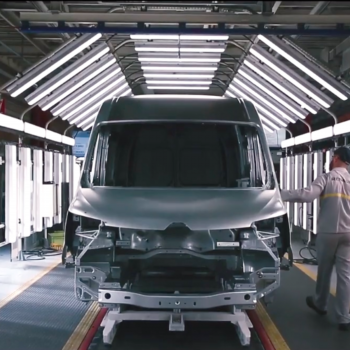To someone looking at the manufacturing industry from the outside things must seem pretty grim.
The impact of the COVID-19 pandemic on manufacturing has been severe and even now, as lockdown orders begin to be rescinded and workers begin to return to plants, the commercial context will remain difficult and uncertain for quite some time.
Take auto manufacturers, for example.
There is enormous uncertainty as to how quickly demand for new vehicles will rebound and what segment of the market will bounce back first. In Europe, for example, around 50% of the automotive market is fleet sales. In the short term businesses are suffering and unlikely to be contemplating investing in their auto fleets. However, companies will continue to lease vehicles for their employees, and likely take into account the evolution of demand towards greater flexibility in the type of vehicles they wish to lease according to their specific uses, and the transition towards more environmentally friendly vehicles. It is to be expected that these developments will accelerate as we emerge from the Covid 19 crisis.

Will increased environmental awareness push electric vehicles forward, or will it be LNG and hybrids that lead the way? Will vehicle sharing schemes gain a foothold in our new social reality, or will sharing schemes fall apart as hygiene restrictions make the business model hard to sustain?
Questions abound, and dealing with all of this unprecedented uncertainty and its associated complexity represents a real challenge for manufacturers as they consider how to start their factories and operations once again.
And the auto manufacturers are not alone.
Manufacturers across Europe and the world in all industries have shuttered factories as more than 4 billion people lock themselves down. The consumer spending that is critical for driving demand has dried up and manufacturers are facing very real cash flow problems that only worsen as every new day of lockdown passes.
Yet despite these dark clouds hanging over the industry, there is more than a little light breaking through.
Indeed, the manufacturers that Cosmo Tech is talking to, and the feedback we are hearing from industry analysts, are both clear on this point: manufacturing is going to come back and it is going to be strong and more resilient.
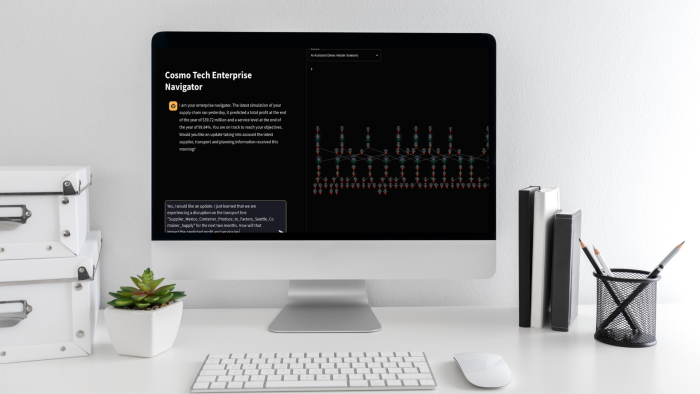
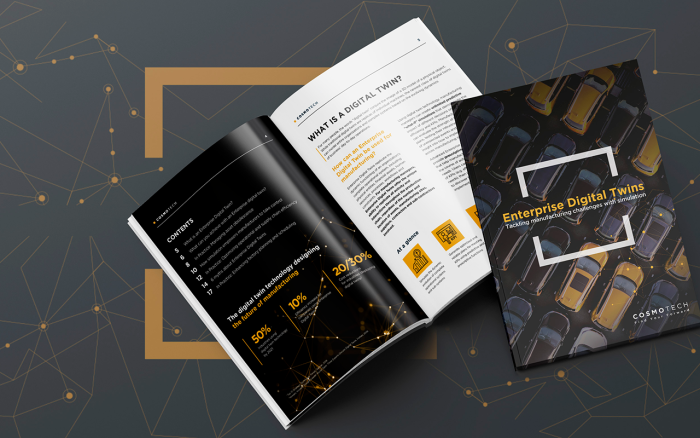
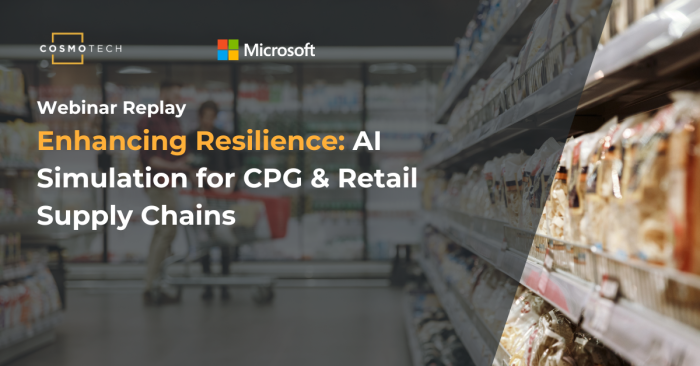


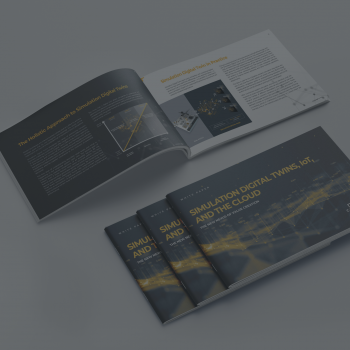
![[Video] Traditional vs Resilient Supply Chain Planning: Which side are you on?](jpg/adobestock_101964830-350x350.jpg)
